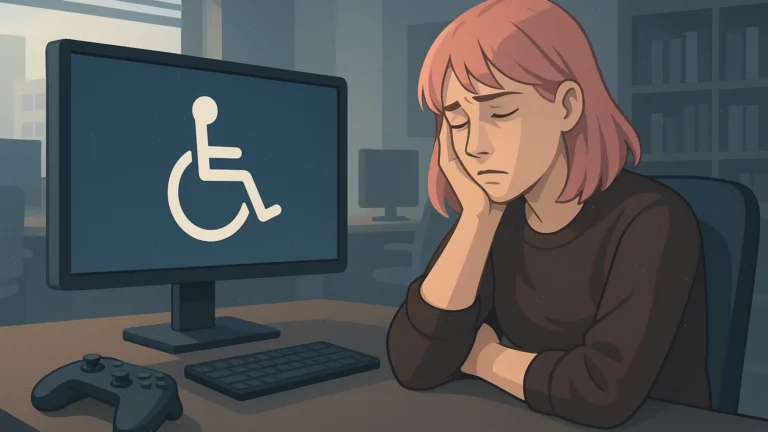
As The Game Industry Contracts, Accessibility For Disabled Players Takes A Hit
In 2023, the gaming industry was hopeful about accessibility for players with disabilities. Advocates like Laura Kate Dale expected momentum to continue after successes like The Last of Us Part II, which featured extensive options for disabled gamers. But by 2025, progress has mostly stalled. Accessibility consultants report repeating the same basic conversations and having to defend features that should already be standard.
Pandemic Progress Reversed
During the 2020 pandemic, accessibility for disabled gamers surged due to widespread need and awareness. It felt like a cultural shift promising greater inclusion. However, by 2023, studios returned to cost-cutting, and accessibility roles were among the first to be cut. Projects were canceled, and experimental features for disability access became harder to justify.
A Struggle To Maintain Basics
Layoffs and studio closures continue to threaten accessibility gains. Experts who helped pioneer disability-friendly features now fight to keep basic options like screen readers, remappable controls, and high-contrast modes. Media coverage of accessibility has declined, and public understanding remains shallow. As consultant Steve Saylor says, “People understand accessibility is important, but they’re not willing to learn more.”
The Role Of Media And Market Incentives
Media coverage once pushed studios to innovate on accessibility, seeing it as a marketing opportunity. The Last of Us Part II received major press for its features, inspiring others. Now, with less attention, publishers lack motivation. Some consultants are hired to quietly scale back accessibility features implemented during the pandemic’s more generous budgets.
Diminishing Career Opportunities
Full-time consulting roles focused on disability accessibility are vanishing. Even confirmed jobs often get canceled due to budget cuts. Many specialists are leaving the industry. Political tensions, especially under the Trump administration, have also complicated international consulting work.
A Rising Threat To Inclusion
Growing backlash against Diversity, Equity, and Inclusion (DEI) policies in the U.S. makes accessibility work riskier. As consultants exit, institutional knowledge about why and how to implement disability-friendly features fades. Temporary contracts worsen the problem, leading to repetitive work. Laura Kate Dale explains, “I’m being brought in to teach the same lessons over and over.”
Signs Of Hope Amid Challenges
Despite setbacks, some games like South of Midnight offer strong accessibility options for disabled players, including boss fight skips. Nintendo’s Switch 2 announcement signals renewed commitment. Nintendo of America pledges consistent accessibility info on storefronts. These small wins matter. As Dale concludes: “Being repetitive and persistent—asking for features until it’s embarrassing not to have them—is the only way things will change.”



